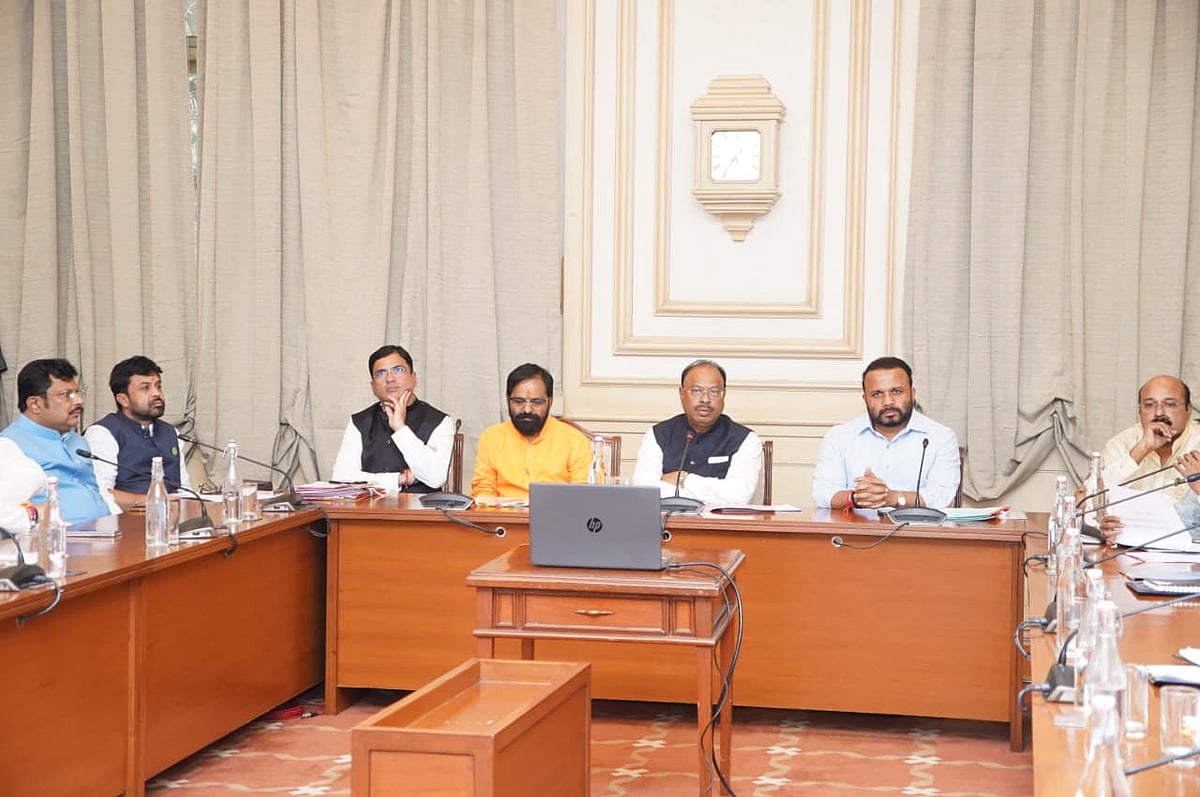In the latest episode of the popular YouTube show Simple Hai!, veteran financial journalist Vivek Law offered sharp insights into the evolving relationship Indians — especially millennials — have with money. From inflation and investing to the debt traps enabled by digital convenience, Law unpacked how financial habits and philosophies have shifted across generations.
From Savings to Spending: A Generational Shift
Reflecting on his early years in journalism during the 1990s, Vivek Law noted the massive transformation India has undergone financially. “Back then, the stock market felt like a private club,” he remarked, referring to how limited access to platforms like the NSE and NSDL made investing a privilege. But thanks to the emergence of the India Stack and widespread digitization, he says, investing is now far more democratic.

He credited the media and the mutual fund industry for educating the public and opening the doors to financial participation, making India one of the fastest-growing retail investment markets globally.
Inflation: The Quiet Thief
One of the central themes Law addressed was inflation — the slow, almost invisible force eroding people’s purchasing power. Using the simple metaphor of a ₹100 note, Law illustrated how what once bought 100 cookies in his grandparents’ era now buys barely two. “The erosion of money’s value over time,” he explained, “makes investing not optional, but essential.”
The Digital Debt Trap
According to Law, the convenience of apps like Swiggy, Zomato, and Buy-Now-Pay-Later services have bred a culture of instant gratification. “The earlier generations earned to save. Today, we earn to spend,” he observed. While he doesn’t see anything wrong with spending on experiences, he warned that without planned investing, such habits can push individuals into dangerous debt spirals — especially when amplified by the pressure to keep up with peers on social media.
Social Media and Financial Insecurity
Comparative consumption is a modern-day challenge, Law said, noting how people mimic the lifestyles they see online without knowing the financial backstories. “You see your friend buying a phone or taking a vacation, and you feel compelled to do the same,” he explained. The result is emotional and financial strain, both of which are deeply connected.
Good Debt vs. Bad Debt
Law highlighted the need to distinguish between good loans — those that help build assets like a home or an education — and bad loans, like high-interest EMIs on depreciating items such as smartphones. “It’s ironic,” he said, “that people take 20% interest loans for gadgets they don’t need, but hesitate to invest in mutual funds offering 12% returns.”
He pointed out how he’s only owned four mobile phones in the past 30 years — a personal example of resisting unnecessary upgrades despite being able to afford them.
Simplifying Financial Planning
Law urged people to invert the traditional budgeting model:
• Identify financial goals first — retirement, children’s education, life events.
• Invest accordingly — through SIPs or other tools.
• Cover needs like food and shelter.
• Spend whatever remains.

Too often, he noted, people do the reverse — spending first and investing whatever is left. “The result is stagnation. SIPs remain unchanged for years even when income triples. Lifestyle inflation is real, and your investments must grow with it.”
Retirement: Planning for Dignity
One of Law’s most powerful observations was around the idea of retirement. He argued that retirement isn’t about stopping work but about having the freedom to choose what to work on. “You need a corpus to give you that freedom — ₹5 crore invested wisely can generate ₹5 lakh a month. That’s the power of starting early and staying patient.”
He cautioned that failing to plan could result in financial dependency or frustration in one’s later years — a trap many fall into because they assume they will always be able to work.
On Crypto, SIPs, Real Estate and More
Law also addressed several rapid-fire questions with clarity and balance:
SIP vs. PPF: SIPs for those who can take risks, PPF for stability and tax savings.
Gold or Real Estate: Both have their place in a diversified portfolio.
Buying a Home Before 35: A personal choice, depending on life goals and job mobility.
Lavish Weddings: Fine, as long as they’re funded without loans and after investments.
Crypto: Currently unregulated and speculative — not advisable for amateur investors.
Joint Accounts for Couples: Not necessary, but shared financial goals are a must.
"Make Money Simple"
Concluding his discussion, Law reiterated the show’s core message: simplicity. “You don’t need to be a financial wizard. Just be consistent, clear about your goals, and patient. Simplifying your financial life is the best way to take control of it.”
As Simple Hai! continues to break down complex financial topics for a broad audience, episodes like these underscore its relevance in an era where financial independence is both more possible — and more complicated — than ever before.











